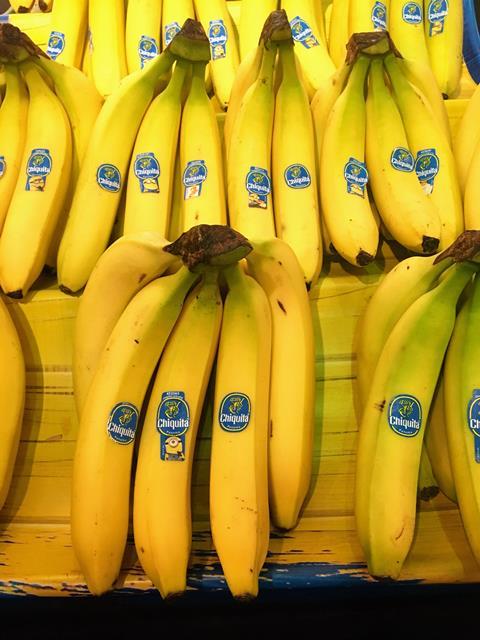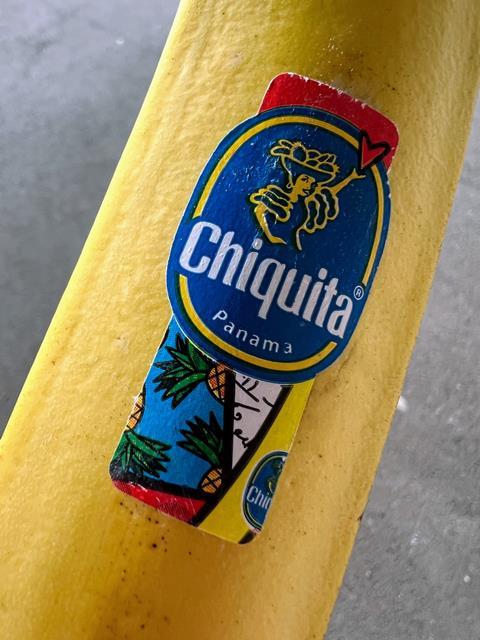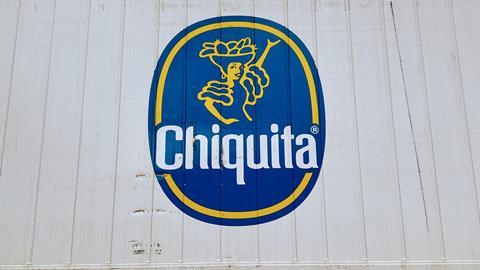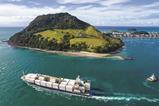Strike action has pushed the multinational out of the Central American country, possibly forever. So what does the future hold for the people and plantations it has supported for more than a century?

Serious doubts remain about the long-term future of the banana business in north-western Panama, after Chiquita’s high-profile decision to close its business. As Minister of Commerce and Industry Julio Molto reaches out to the multinational and attempts to broker a return, the government looks set to rethink its planned social reforms, the divisive issue that sparked a month-long strike and the closure of the multinational’s local operation.
But industry experts, speaking on condition of anonymity, have told Fruitnet that the longer the impasse continues, the less likely it is that Chiquita will restart its operations in a country where it has been involved in banana production for more than 120 years.
In late May, the multinational laid off all of its estimated 6,500 workers, including management, and advised them to collect their final salary payments. This followed a 24-day strike which brought the group’s business to a halt around Changuinola, its hub in the province of Bocas del Toro. The episode is believed to have cost the company US$75mn, and caused potentially irreversible damage.
And while it was reported that trade unions Sitraibana and Sitrapbi had reached a compromise with Panama’s National Assembly, the situation still appears far from settled.
Age concerns
At the heart of the dispute is the question of retirement age. Official rules set this at 62 years old, but Chiquita Panama employees have traditionally been entitled to stop working up to four years earlier. A government proposal to rule out that advantage and impose the same limit for everyone is what appears to have sparked the original protests.
As the dust settles, it seems Chiquita will not restart its operations until the retirement question is fully solved, and its workers agree to leave the trade unions. “Chiquita is negotiating with the government, and if the government agrees that there will be no more union [involvement], the company will restart again,” says one insider. Another commentator predicts it will not abandon an area of production that has served it extremely well in the past: “I imagine Chiquita are delaying the restart, to put pressure on the government.”
However, nobody seems completely certain which way things will go. On the ground, one key question is whether Chiquita will continue to spray its plantations to protect them against disease, a necessary precaution if it wants the farms to remain a going concern. There are indications that this is the case, but these have not been independently verified.
“Chiquita has transferred some of its farm managers from Panama to other countries, in case they don’t reach an agreement and have to close the place,” one source says, adding that expansion in other countries could see Chiquita target growth in other Atlantic areas of countries like Costa Rica and Guatemala. “Chiquita will increase production in those countries to compensate for any volume they lose.”

Bananas in the balance
With the company’s local operations in limbo and its banana plantations at risk of terminal stagnation, the stakes for Panama’s national economy are high. The Changuinola production centre has always been regarded as a dependable source of high-quality fruit, so it could conceivably be snapped up by a rival fruit company if Chiquita opts to cut its losses and run.
That would astonish most in the business, but there is precedent for such a move. Back in 2003, Chiquita sold Puerto Armuelles Fruit Co, based in Panama’s western Pacific province of Chiriqui, to a cooperative called Coosemupar. Five years later, Fresh Del Monte entered into a long-term lease agreement with Coosemupar, but the cooperative later ran into financial difficulties which saw it close for good.
Desperate to revive the industry, the government turned to Del Monte and agreed a 20‑year agreement with its subsidiary Banapiña to lease and develop 5,804ha in Chiriquí and also Bocas del Toro. A similar deal to secure a future for Changuinola’s fruit would be a surprise, but not out of the question.
“The government has to compromise,” suggests another industry source. “Chiquita Panama is one of the group’s best divisions when it comes to supplying bananas. The people in that province have been growing them for a long time and are experts in producing very high-quality fruit, all of which goes to Europe.”
Chiquita was approached for comment on this story but no response was forthcoming at the time of publication.












